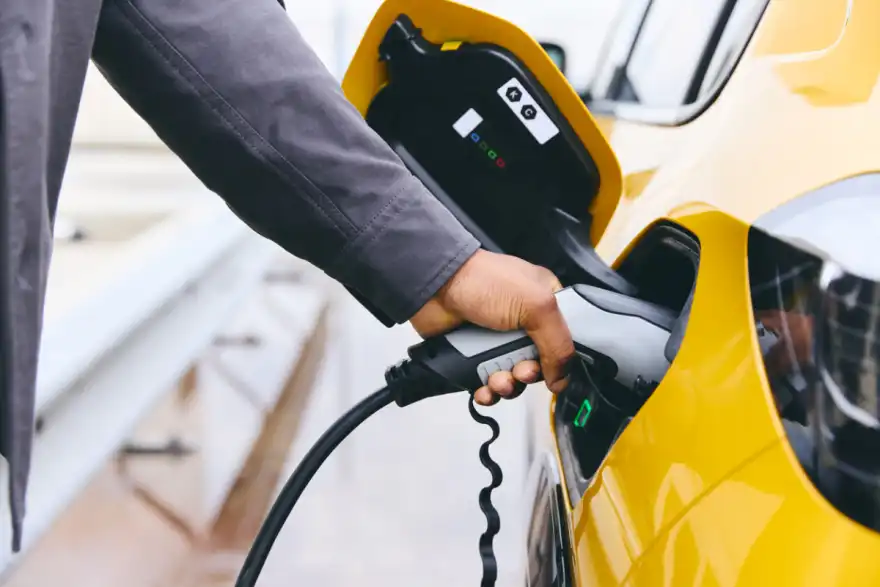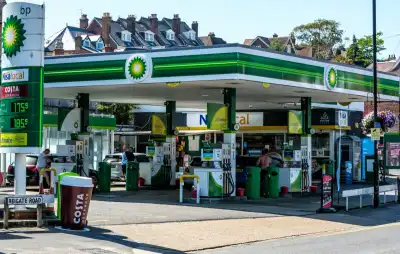
The cost of charging an electric car at home just jumped by up to 10% overnight, following the new energy price cap from Ofgem. This increase means EV owners are now paying more to charge their cars, while petrol and diesel prices have dropped to their lowest in three years.
Starting October 1 and lasting until the end of the year, the price per kilowatt-hour of electricity has gone up from 22.36p to 24.50p. The daily standing charge has also risen slightly to about 61p per day. While this may not seem like a huge change, it adds up over time. For instance, the Tesla Model Y RWD, the UK’s best-selling electric car in 2023, has a 60kWh battery. A full charge used to cost around £12.86, but now it’s over £14.
For smaller EVs like the Fiat 500e, the difference is smaller – charging its 42kWh battery now costs £9.12, compared to £8.34 before. But for bigger cars like the Kia EV9, with its 99.8kWh battery, the cost has jumped by over £2, from £21.47 to £23.52.
According to Carmoola, the average EV driver uses about 108kWh of electricity each month, so they'll now be paying an extra £2.30 monthly, or £27.30 more per year.
It’s important to note that this price cap doesn't affect the cost of public charging, but since public charging is taxed at 20% VAT, further price increases could face major backlash.
Aidan Rushby, CEO of Carmoola, said the new price cap will have “very real effect on the lives of households across the UK, especially as we approach winter and energy consumption rises”.
“As the 2030 ban on the sale of new petrol and diesel cars approaches, and more EVs hit UK roads, Brits will see their energy bills further influenced by their vehicles' charging needs,” Rusby continued. “Although electricity prices still remain cheaper than petrol, a £1.30 rise per [average] charge is significant for frequent drivers and will impact bills across the country.”
This news comes as the government prepares its Autumn Budget, amid rumors (which have been denied) about a potential pay-per-mile road tax to make up for declining fuel tax revenue.
How much are you paying to charge your car at home? Let us know in the comments.



